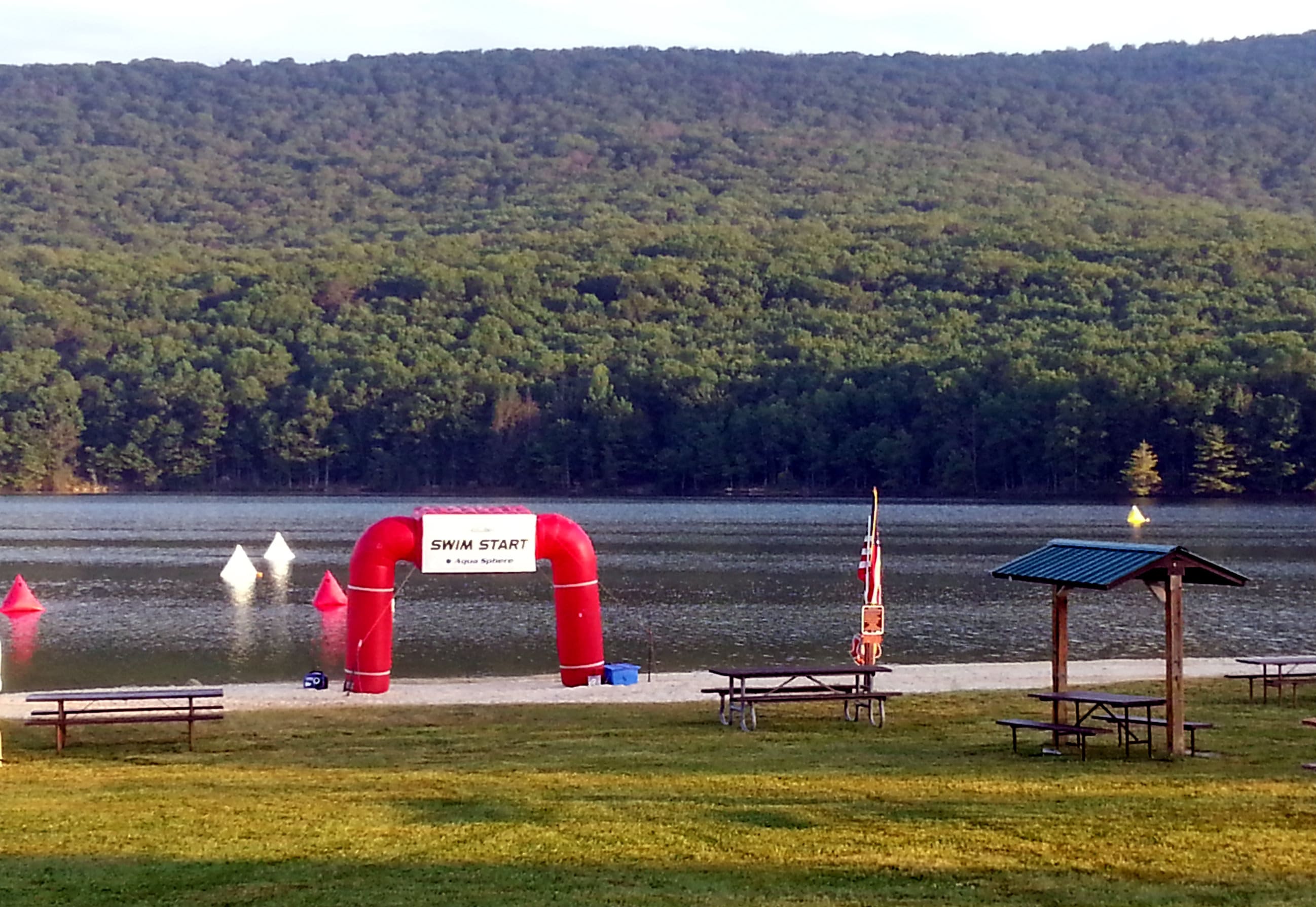How to Choose Your Next Triathlon

Our children were grown, out of the house, and creating their own families. Meanwhile, my wife and I were missing the road trips that had been an integral part of our lives while our children were in high school and college.
So, following my first triathlon in 2011, we decided on the goal of doing a sprint triathlon in each state by age 70 (the first one was at age 58). This meant doing about four races per year in four states.
Part of the challenge, and frankly the enjoyment, of achieving this goal has been the process of planning the race season and of selecting the races. In this article, I will share the general process that we have been following even if it varies slightly from year to year.
One advantage that we had in the early stage of this process was that I was working half time in Minnesota (our primary residence) and half time in Massachusetts. Knowing that this split work location would last for only a few years, we worked to complete races in the New England and Middle Atlantic states early in the cycle.
Here are the factors that I now consider in planning the year’s race season.
Picking a location
Considering the states in which races are yet to be completed, which ones make sense for this year?
Do I have family and friends that we can also visit as part of the race ‘weekend’? The goal is not necessarily to save money by staying with family or friends, though we do sometimes stay with them. Instead, our goal is to see people that we may not have seen for awhile.
Priority is given to locations were we have friends and family. For example, we have visited elderly relatives including my parents (my mother was able to see my Colorado race before she passed away) and my wife’s aunt (we stayed with her during her last winter in Arizona).
This year, we will travel to locations that allow us to visit my father in Colorado, our daughter-in-law’s family in Missouri, and friends in Illinois.

With my aunt in her condo in Waikiki following the 2013 Lanikai Triathlon held at Kailua Beach Park on the island of Oahu, Hawaii
Other factors affecting the location for races are:
- Sightseeing – Is there an area of the country that you would like to visit? Two years ago, I did a triathlon in Santa Fe, New Mexico. I had passed through Santa Fe on business several times but never had the time to see the city. This time, we took an extra day to take a guided tour of the art district, historic area, and modern areas of the city. What a treat!
From Santa Fe, we drove to southern Colorado where we stayed with friends.

One of the interesting pieces from the art district of Santa Fe, NM, which was visited before the 2014 City of Santa Fe Triathlon
- Altitude – I have spent most of my life a few hundred feet above sea level. Racing at thousands of feet above sea level is different if you have not been regularly training at the higher altitude.
When
We like to spend our summers in Minnesota which happens to also be the time of year when most triathlons occur. If we are traveling out of state, we try to find races that occur in the spring or in the fall. As one might expect, the season for outdoor, conventional (not including winter races) triathlons is longer in the warmer areas of the country as compared to the north. For example, there are plenty of triathlons with open water swim in Georgia in April when in Minnesota, ice is either not or barely out of from the lakes.
Finding triathlons
Once the locations and dates have been identified, I use one of the following websites to identify the possible races.
- Running in the USA (http://www.runningintheusa.com/Race/)
- USAT (http://usatriathlon.org/)
- TriFind (http://www.trifind.com/)
I have found Running in the USA to be the best source since it seems to have the highest number of races, including those sanctioned by USAT as well as those not sanctioned by USAT.

Screenshot of Running in the USA website using the Advanced Search Options for selecting Triathlons in Nevada.
Getting specific
Once you have identified the candidates, you can go to the race website and investigate the individual races in more detail. At the race website, you will typically find:
- Race distances including the possibility for teams to race
- Distances and course for each of the legs in the triathlon. Oftentimes, the course maps will show the elevation and changes in elevation over the course, especially for the bike course. Some people benefit from a hilly course so will lean toward races that have hills.
- Cost – the cost for a sprint triathlon is generally between $45 and $100. With the entry fee, you can expect a T-shirt, post race drinks and snacks, and samples and other swag that may includes coupons from local suppliers.
- USAT sanctioned – I prefer USAT sanctioned races because competing in at least three USAT sanctioned triathlons within a calendar year as a USAT member will allow you to be ranked among others within your age group. On the other hand, I have competed in a number of well run, unsanctioned races as well. There is an additional cost of $12 per race for USAT sanctioned races. I purchase an annual membership to avoid the individual race fees. With membership you receive the USA Triathlon magazine.
- Fundraiser – As noted in 15 Reasons for Those 50 and Older to Do Triathlons, many races double as fundraisers for worthy causes. What portion of your race fee will support this cause? Ask the race director? See the next bullet.
- E-mail address for the race director – If this is a race in which I want to participate and registration has not opened, I write the race director to ask when registration will open and how quickly the race fills if the number of participants is limited. Some races fill within minutes after registration opens.
Feel free to e-mail me at seniortriathletes@gmail.com if you have questions about selecting a triathlon or would like to share your own experiences.
